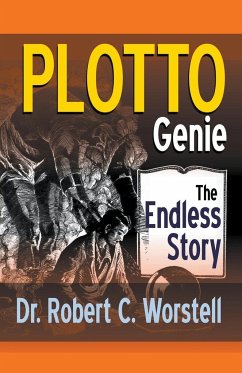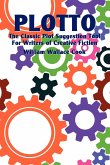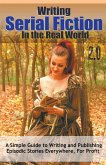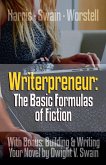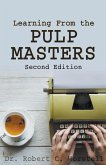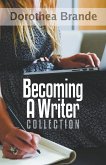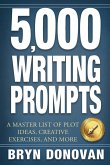There's a Single Story In All Books. Master this, and you have endless stories coming to you to write - for the rest of your life. If you've ever watched a horrible movie, or quit a bad novel in disgust, it's partially your own fault. Make that our fault. As a culture, we demand more and more entertainment in our lives. So now we have multiple channels of shows that can be accessed any time of the day or night. We have millions of books available for incredibly inexpensive prices online - again: 24-7-365. Because of this demand, it's also become easier than ever to publish books and produce movies. It doesn't matter much if they are "good" or "bad", it only really means that they are out there and can be watched or read, consumed. On the other hand, the really great movies and books are viewed, read, downloaded, and bought over and over and over. But more interesting is that the ideas behind them all have the same underlying structures - all forms of that one story. This is the endless story. Ever wonder what makes a great book or movie different from a pitiful excuse for entertainment? Mostly, it starts with a a great story - which most people call a "plot". But what makes a plot work? As above, we can see that any old plot can be made new by using different actors with the same script. You'll also see that while an elementary school rendition of Camelot is only memorable to the parents of the cast. When it is projected in the cinema with "big name" actors and actresses, then it's a big box office draw. What's the difference? It could be said that it might be experienced actors bringing those characters to life. But does this explain books? When West Side Story was converted from Romeo and Juliet, we also have modern and engaging characters developed just for that musical. When that stage play was converted to a musical film, it won 10 Oscars, including those for supporting actor and actress. What makes a "good" plot and how is that related to the characters in it? Can what we learn from movies and theater be reverse-engineered to work in fiction or even non-fiction? From distilling several hundred top books their vast numbers of approaches to plotting, it became clear that there is still a wide gulf between the mechanics of a plot and having a working framework usable for any writer. This led to the study of two authors who had already done their own studies of which plots made successful entertainment, and actually built their own still-popular plot generators based on this knowledge. All just variations of that one endless story. The point of this book is to examine carefully what these authors described in their books so we can learn from their research. Then we can take what we've found useful in order to test on our own plots. Many well-known and obscure writers have used these methods to springboard their imagination to new heights, never again being dogged by "writer's block." The answers to what makes a great plot are simple and few. The bonus in this book is to give you your own plot generator to help you when you're stuck. Or to use as a regular tool in order to get off on the right footing with your next story. Scroll Up and Get Your Copy Today.
Hinweis: Dieser Artikel kann nur an eine deutsche Lieferadresse ausgeliefert werden.
Hinweis: Dieser Artikel kann nur an eine deutsche Lieferadresse ausgeliefert werden.

